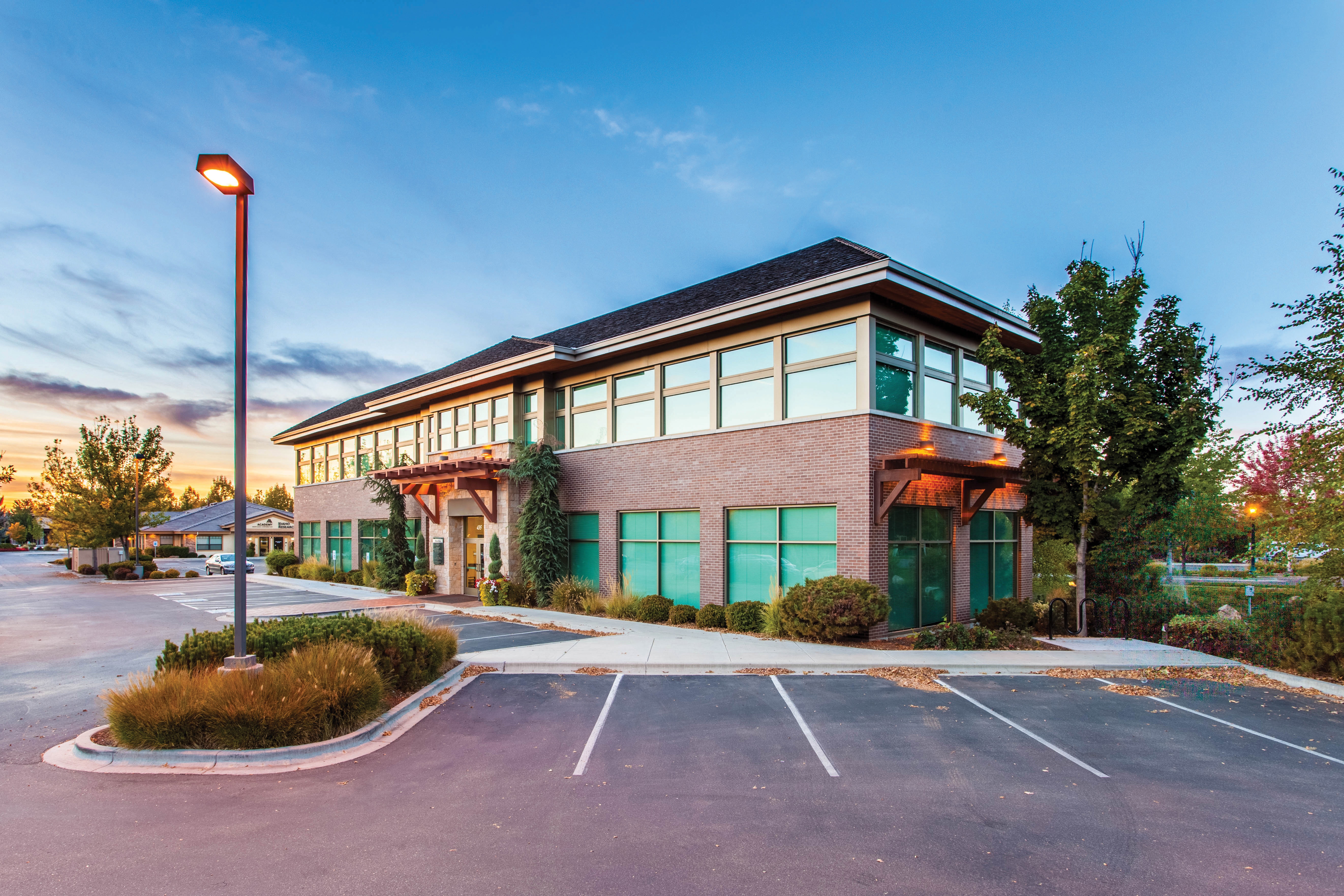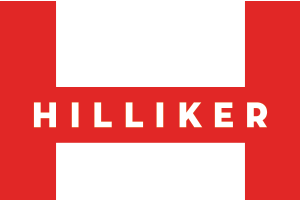 If you own commercial real estate, there are plenty of smart reasons to hold onto your investment. Perhaps it houses your business, or you count on the income it provides. Perhaps it’s going up in value, and there’s no reason to think that will change anytime soon.
If you own commercial real estate, there are plenty of smart reasons to hold onto your investment. Perhaps it houses your business, or you count on the income it provides. Perhaps it’s going up in value, and there’s no reason to think that will change anytime soon.
But, as my colleague, Scott Martin, shared last month, perceptive investors are always on the lookout for the best moment to sell. Getting out can be just as important as getting in. When that happens, you have the opportunity to trade up into a new investment. However, with so many options, how do you pick what’s best for you?
At Hilliker Corporation, we’re always meeting entrepreneurs and investors who are ready for the next adventure. When we do, we ask three questions:
Question 1: What are your goals?

We’ll start by digging into the “why” of your next investment. We’ll start a discussion around questions like:
- Are you looking for a building to house your business, or are you making a pure investment?
- Do you want to be hands-on or hands-off?
- Are you hoping for a specific income?
- What are your plans over the next ten years and beyond?
Question 2: What can you afford?

To answer this question, you’ll need a good idea of how much money you’ll have to play with after selling your current property. That’s where experienced commercial real estate brokers (like those at Hilliker Corporation) shine. They have the expertise to help you develop an accurate “comp,” or price based on “comparable” properties.
It sounds simple, but there are more subtleties involved than just checking to see what nearby properties have sold for. Commercial properties are rarely cookie-cutter and aren’t listed for sale as often.
Therefore, to create a trustworthy comp, brokers combine information from:
- Industry-specific databases.
- Their knowledge of the market.
- Personal experience.
- Information from their network of other real estate professionals.
You’ll also need to counsel with your accountant and lender. If you need a recommendation, ask your broker. We cultivate a wide range of contacts and can often pair you with someone who has the necessary background to help you reach your goals.
Question 3: What is your risk tolerance?

Several factors play into determining your risk tolerance. Discuss these factors with your advisors (real estate broker, accountant, banker, and lawyers):
- How long do you plan to hold the investment (or time horizon)?
- What is your net worth?
- How quickly does the property need to start earning income?
- How much risk capital have you set aside (money earmarked for more speculative investments)?
As we answer these questions and more, we’ll be able to present options that will make sense for your unique situation.
Opportunity # 1 (Business Owners): Leverage Your Equity to Grow

There may come a time, as a business owner, that a significant financial investment in your business will be worth more to you than your real estate. You may need capital to:
- Open another location.
- Scale-up your current operation.
- Upgrade your equipment.
- Another mission-critical improvement.
Instead of borrowing money, you might consider a sale/leaseback agreement: selling the building your business is housed in, then signing a long-term lease with the buyer. (See how we helped a company do just that in this case study.)
For this to work, the buyer will need to be attracted to you as a tenant:
- Your company will need to be financially healthy.
- You need to be willing to commit to a lease agreement of 5, 10, or 15 years (the longer the term, the more the investor will be willing to pay).
You should not consider a sale/leaseback agreement if:
- Your company is not financially stable. (You need to appear credit worthy.)
- You’re planning on selling the company. (Your company’s prospective buyers may not want to be saddled with a long-term lease.)
- You’re uncomfortable in your building, and a long-term lease will stunt your company’s growth.
Opportunity # 2 (Business Owners): Move Before You Sell

Any property you’ve held for a business or investment purpose will be eligible for a 1031 Exchange when you sell it.
In brief, a 1031 Exchange allows you to hold the profit from the sale with a “qualified intermediary” for a short time. Then, you can use that profit to purchase a “like-kind” property — another investment or business property.
It’s a detailed process requiring expert counsel. However, it allows investors to defer taxes on their profits and use it all to purchase something better.
But if you don’t want to be without space, it often makes more sense to buy a new building before selling your current property. With a Reverse 1031 Exchange, you’ll be able to sell your current property after purchasing a new one.
Again, this is not something to attempt without expert counsel. Your commercial real estate broker will help you plan and direct you to the resources you’ll need.
Opportunity #3: Diversify through Multiple Tenant Commercial Buildings

There are many types of properties worth investing in, and each comes with its own set of opportunities and challenges.
Though there are many types of investments that may make sense for you—rehab and development, raw land, multi-tenant apartment buildings, etc.— we’ll discuss the two most common investment options here.
First, multi-tenant buildings are many investors’ first foray in commercial real estate. If you have more than one tenant in your building, you diversify your risk and can plan for the occasional vacancy.
If you have previous experience owning residential rental properties, you’ve likely been responsible for anything that breaks inside or outside the building. When the faucet leaks or the ceiling fan doesn’t turn on, you’re obligated to fix it.
However, multi-tenant commercial leases are usually structured so the tenant is responsible for what happens inside the building: like drywall repair, plumbing, or electrical issues. The landlord is primarily responsible for the outside of the building: parking lots, HVAC, roof, lawn care and snow removal, etc.
Retail multi-tenant buildings often contain a mixture of national chains and mom-and-pop shops—great tenant diversity. However, retail locations need to be beautiful, so landlords need to keep their properties in tip-top shape.
Office and warehouse multi-tenant buildings are often lower maintenance. With less customer traffic, you’ll have more leeway when it comes to the property’s appearance.
In both cases, engaging a property management company like Hilliker Corporation will help ensure your buildings are leased-up with qualified tenants.
Opportunity # 4: Upgrade to a Hands-Off Investment

As discussed in our previous article, Triple-Net Properties are the “easy button” of real estate investment.
In a Triple-Net Lease agreement, the tenant assumes 100% responsibility of the care and maintenance of the building and lot. As the owner, you’d need to do next to nothing.
Additionally, the tenant is almost always an extremely credit-worthy national chain. Hilliker’s sister corporation, Westwood Net Lease Advisors, matches Triple-Net Leases with tenants like Dollar General, Advanced Auto, Applebees, Sherwin Williams, and Chase Bank.
For companies who sign Triple-Net Leases, there is little need for them to own their property: The business is their primary focus and money-maker. However, because these are often retail locations, the lessees are highly motivated to keep the building beautiful and functional.
Though tenants sometimes move out, triple-net properties continually attract high-level companies, making them a safe, simple, and lucrative investment.
Is Cashing Out Ever a Smart Option?

Of course. Even as “hands-off” as a Triple-Net property may be, an investor may decide they want out of the game altogether. That said, there are compelling reasons to keep rolling your investments forward, deferring taxes indefinitely.
Commercial real estate is a safe and profitable investment. And your heirs can benefit from the passive income generated by your careful, well-informed choices for years to come.
Your Real Estate Lifecycle

Are you just getting started as a real estate investor? You need a partner who can grow with you. Someone to help you make smart decisions as you balance the reality of your current situation with your hopes and dreams.
Are you in the middle of your journey, wondering what’s next? Do you need a pro who can help you weigh your various options, who understands the market, and can help you take the steps necessary to continue to prosper?
Or are you looking to turn your current investments into something that will see you through retirement, then to pass your legacy on to the next generation?
From startup, through growth and maturity, all the way to retirement and beyond, Hilliker is your guide throughout your Real Estate Lifecycle. Wherever you are in your journey, if you’re ready to take the next step, call a Hilliker broker today.

